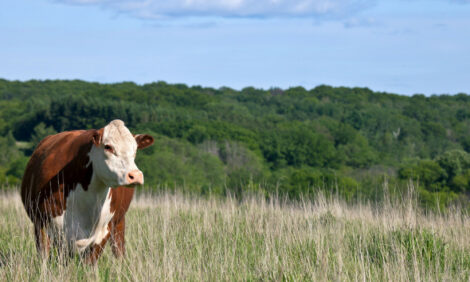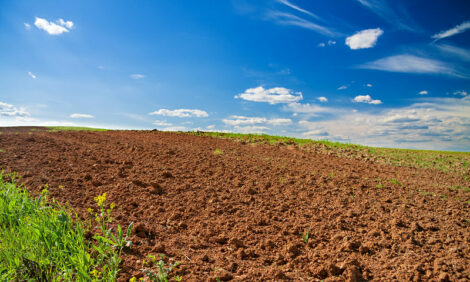



Environmental Pasture Management Yields More Grass
SPAIN - Regenerative management practices to improve soil health and plant diversity could also lead to up to 14 per cent improvements in grass yield.The study, led by the Basque Institute for Agricultural Research and Development NEIKER-Tecnalia, used methods like organic fertilisers, direct sowing of pastures and the use of perennial species on the pastures.
Other techniques the researchers used included managing the livestock densities, the time the animals spend on pastures, and the time the vegetation takes to recover.
The production of ‘extra’ grass could mean savings in the purchase of fodder and indicates the technical and economic effectiveness of regenerative management.
The management techniques also mean the droppings are distributed more evenly and soil health is improved.
In addition, scientists found that milk of sheep kept on these pastures has the same yield and composition.
The scientists found the carbon footprint per litre of sheep milk produced is cut by 10 per cent, because chemical fertilisers are eliminated, the consumption of feed concentrate is cut by 4 per cent, and grazing time is increased by 7 per cent.
In future, the project aim is to test these regenerative practices in a range of agro-climatic conditions on different test farms in order to find out the outcome of these new practices when they are applied to soils of different characteristics.
TheCattleSite News Desk


